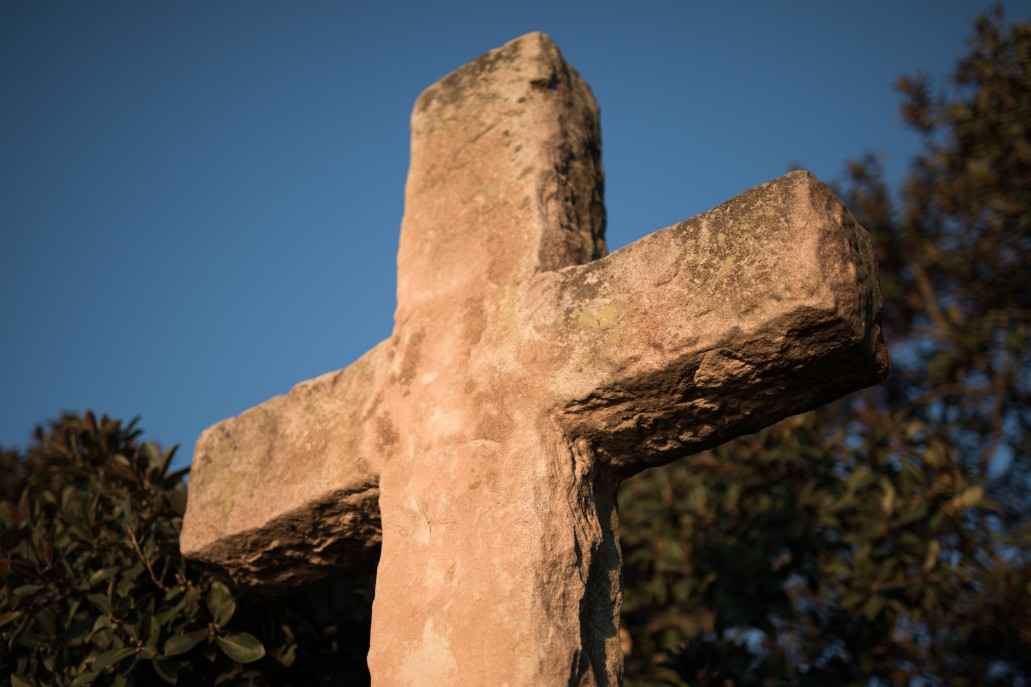“The Lord of the Rings” has captivated audiences for over fifty years. It is not just a story about good overcoming evil, but one about the fragility of freedom. No victory on earth is permanent. Battles are fought and won, but there will be no ultimate victory over evil until the return of Christ. Freedom needs to be both guarded and cultivated. In “The Hobbit Party,” Jonathan Witt and Jay W. Richards argue that J.R.R. Tolkien’s epic is not merely a story of adventure—it is a noble rejection of the power to dominate.
Tolkien demonstrated on numerous occasions that, “even well intentioned leaders are tempted to annex to themselves more and more power in their efforts to fight evil and improve the lot of their people” (73). What separates these power-hungry leaders from wise leaders is the ability to recognize the danger of unchecked power. He identified what Witt and Richards call “the will to ugliness.” A subtler, more curious urge than Nietzsche’s “will to power,” the will to ugliness is a tendency to embrace things that are tasteless, deadening, or depraved (or sometimes a combination of all three).
Tolkien rejected a top-down solution to remedy cultural decay. The quick-fix of placing more power in the hands of politicians in the hope of curing the ails of society will only lead to a centralized power that suffocates freedom. Tolkien believed that the only way to address cultural decay was, “through the leavening work of great and good art, through discourse grounded in truth and reason and through the hard, patient work of modeling whatever is worth rescuing and cultivating in civilization” (23).
Art is a curious thing because it is usually a reflection of or a reaction to the culture it was created in. However, when Tolkien was writing “The Lord of the Rings,” a commitment to libertarian freedom—the ability to choose between two alternatives—was unfashionable.
The Shire, a small village tucked away in Middle-Earth, is a place most readers who have read “The Hobbit” would love to visit. A recent safety video released by Air New Zealand is a testament to the wide-spread obsession with this peaceful little village. However, it is not just the beautiful landscape and enchanting cottages that make the Shire so appealing, but the freedom of exchange and association, secure property rights, sound money, and a limited government.
Tolkien addressed the cultural decay in the society in which he lived by creating a story that condemned greed and miserliness, but promoted freedom under justice. The characters in Middle-Earth are often presented with the vision of absolute power in the service of the common good. Only the true heroes recognized that such power would end in despair.
This concept is not exclusive to the inhabitants of Middle-Earth. A free society is not just a nice idea, it’s a place where the rule of law is enforced and human dignity is preserved. As the heroes in “The Lord of the Rings” knew, that’s something worth fighting for.



